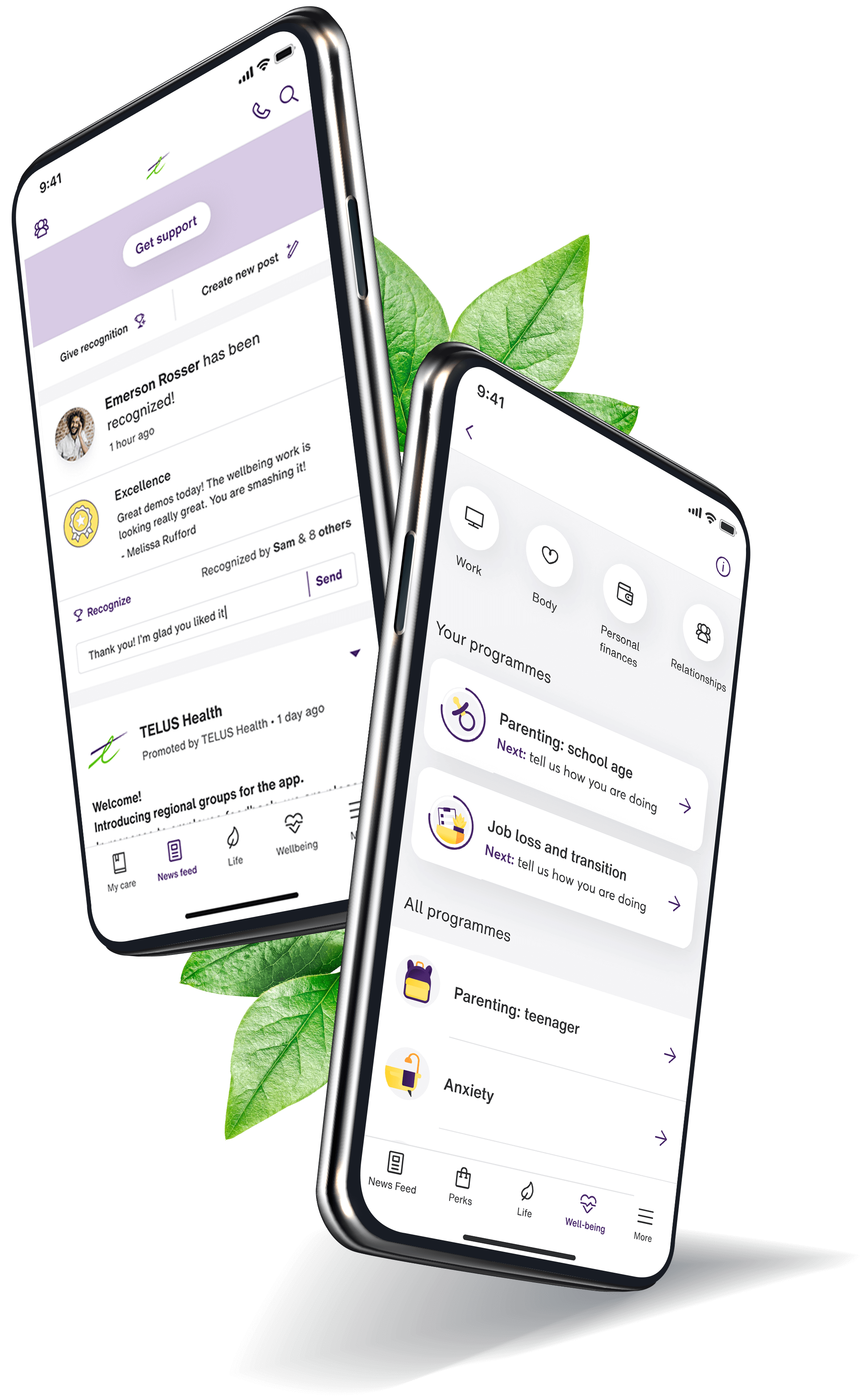Sadness in the spotlight
It’s okay to feel sad. In fact, everyone feels sad from time to time. It’s a normal human emotion in response to challenging, disappointing, or distressing experiences. Sadness not only makes you feel miserable, irritable, and tearful, it can also have physical symptoms, such as stomachaches, headaches, and insomnia.
While no one likes to be sad, it is an important part of the human experience.
The importance of sadness
All our emotions, including happiness, joy, fear, and anger, drive our thoughts and actions and give our lives meaning. Sadness is especially important because it helps develop emotional resilience—the ability to learn from our mistakes, change behaviours, and bounce back from adversity. When we’re sad, we’re more likely to analyze the things that are causing us to feel blue, what we may be doing wrong, and how we can change the situation.
Everyone experiences life differently. Upbringing, culture, and life experiences all play roles in how we react to situations, but some of us are simply genetically programmed to be more sensitive—such as crying and laughing easily and feeling great empathy for others. While we can’t alter our DNA or our past, or prevent stressful or upsetting events from happening, we can find ways to better cope with sadness.
Coping with sadness
Unfortunately, many people try to numb negative emotions with alcohol, legal or illegal drugs (including nicotine), or other unhealthy behaviours. However, it’s more productive to acknowledge your feelings and give yourself time to deal with problems. The next time you feel sad, try some of these tips:
Don’t retreat into self-pity. Instead, remember that sadness is a valid emotion and part of life.
Talk to people you trust. They can help provide perspective, advice, and encouragement during difficult times.
Maintain a healthy lifestyle. When we’re feeling sad, we can overeat or indulge in sugary, high-fat, or highly processed “comfort” foods. Stay focused on a healthy diet, staying active, getting plenty of sleep, and limiting your alcohol and caffeine intake.
Help others. Supporting and caring for others will make you feel better about life.
Laugh. The best cure for sadness is happiness. Do things that bring you joy—get together with family and friends, watch your favourite sport, play an instrument, take the kids to the park, or go see a funny movie.
Tackle one problem at a time. It doesn’t matter if you start with the biggest or smallest problem, just make a list, and begin.
Finally, remember that sadness passes and you’ll feel better soon.
The difference between sadness and depression
Sadness is very different from depression. Sadness is a temporary feeling about something. Depression is a lasting, intense unhappiness about everything. Unlike sadness, depression is a mental illness that can occur without reason or warning and often worsens without treatment.
Depression may include:
- Intense sadness that lasts all day, every day, for more than two weeks.
- Loss of interest or enjoyment in favourite activities.
- Feelings of worthlessness.
- Excessive or inappropriate feelings of guilt.
- Trouble concentrating and making decisions.
- Feelings of restlessness or being slowed down.
- Thoughts of death or suicide.
Life is full of ups and downs, highs and lows. Without sadness we would not appreciate happy moments, want to change negative behaviours or situations, or work to improve our lives. However, if your sadness does not pass and you’re feeling overwhelmed, speak to your family physician or access counselling through your organization’s assistance program.


